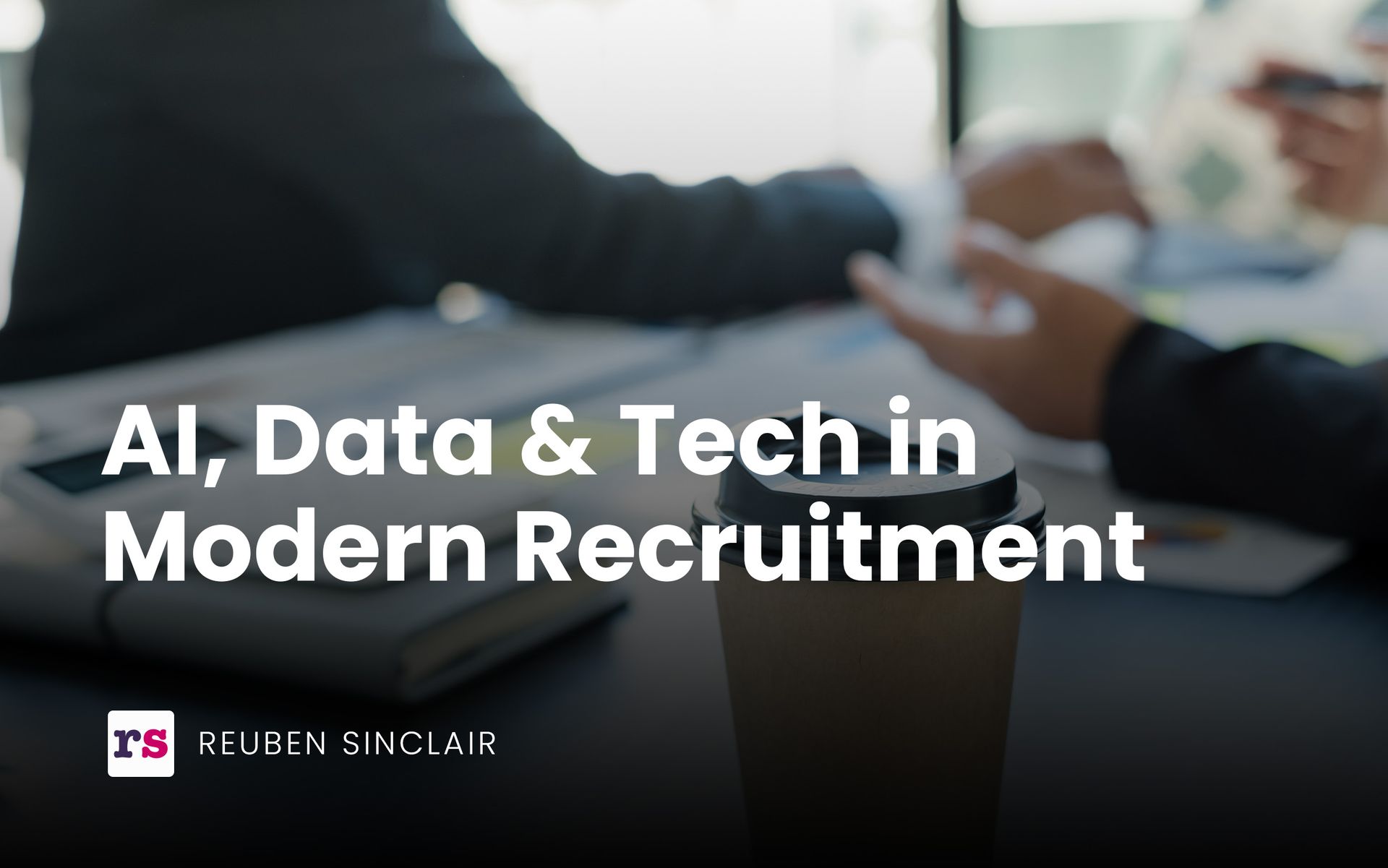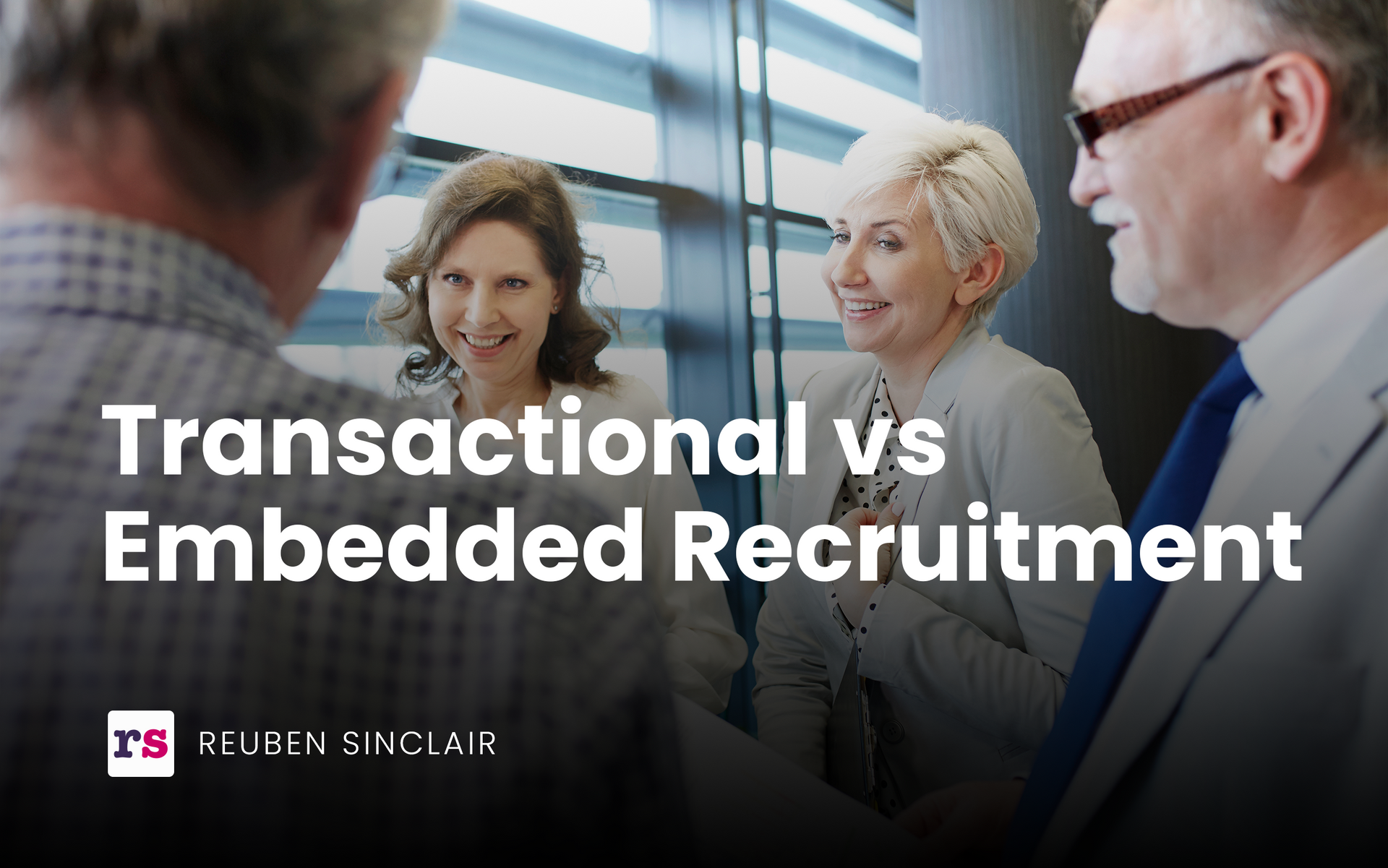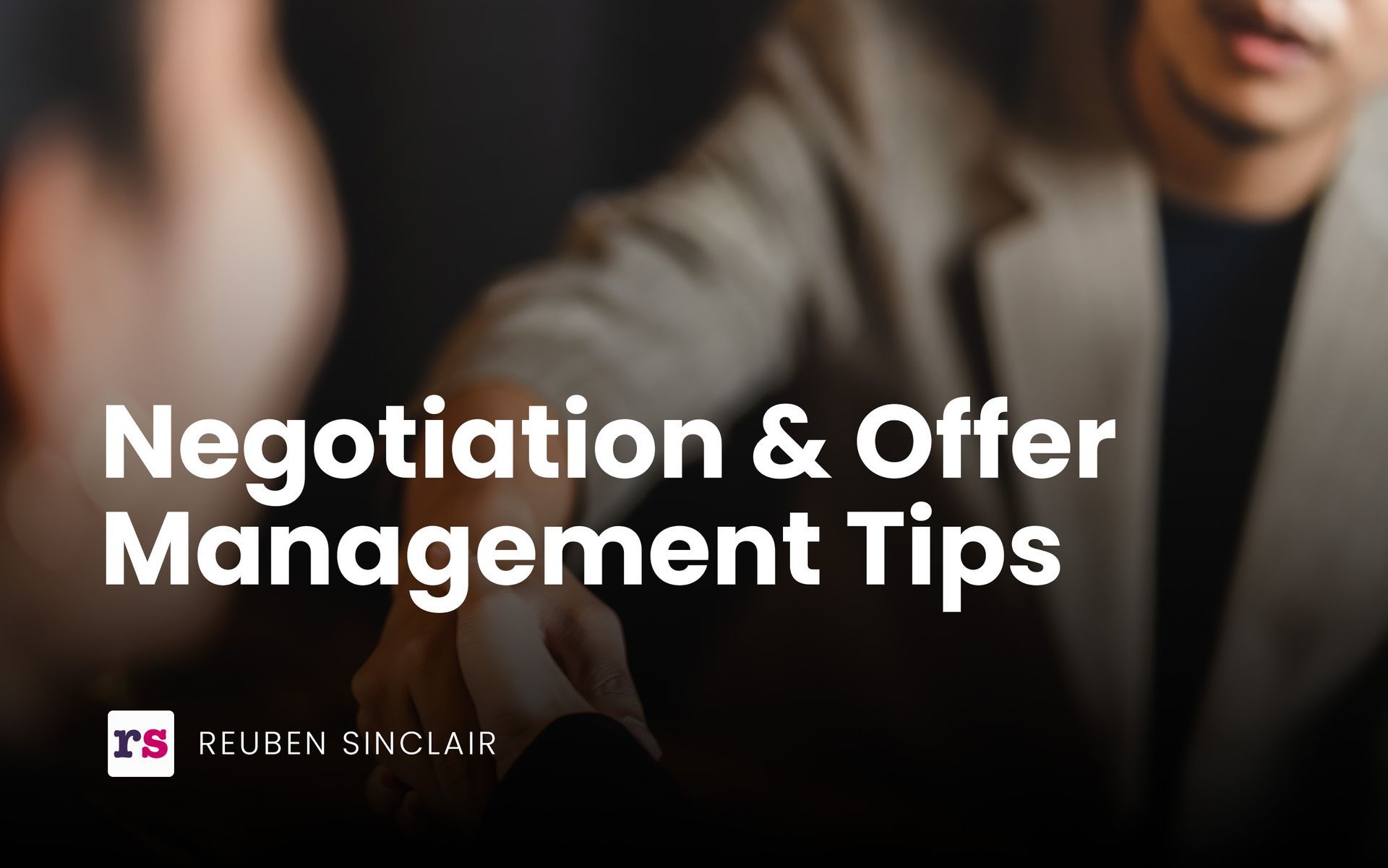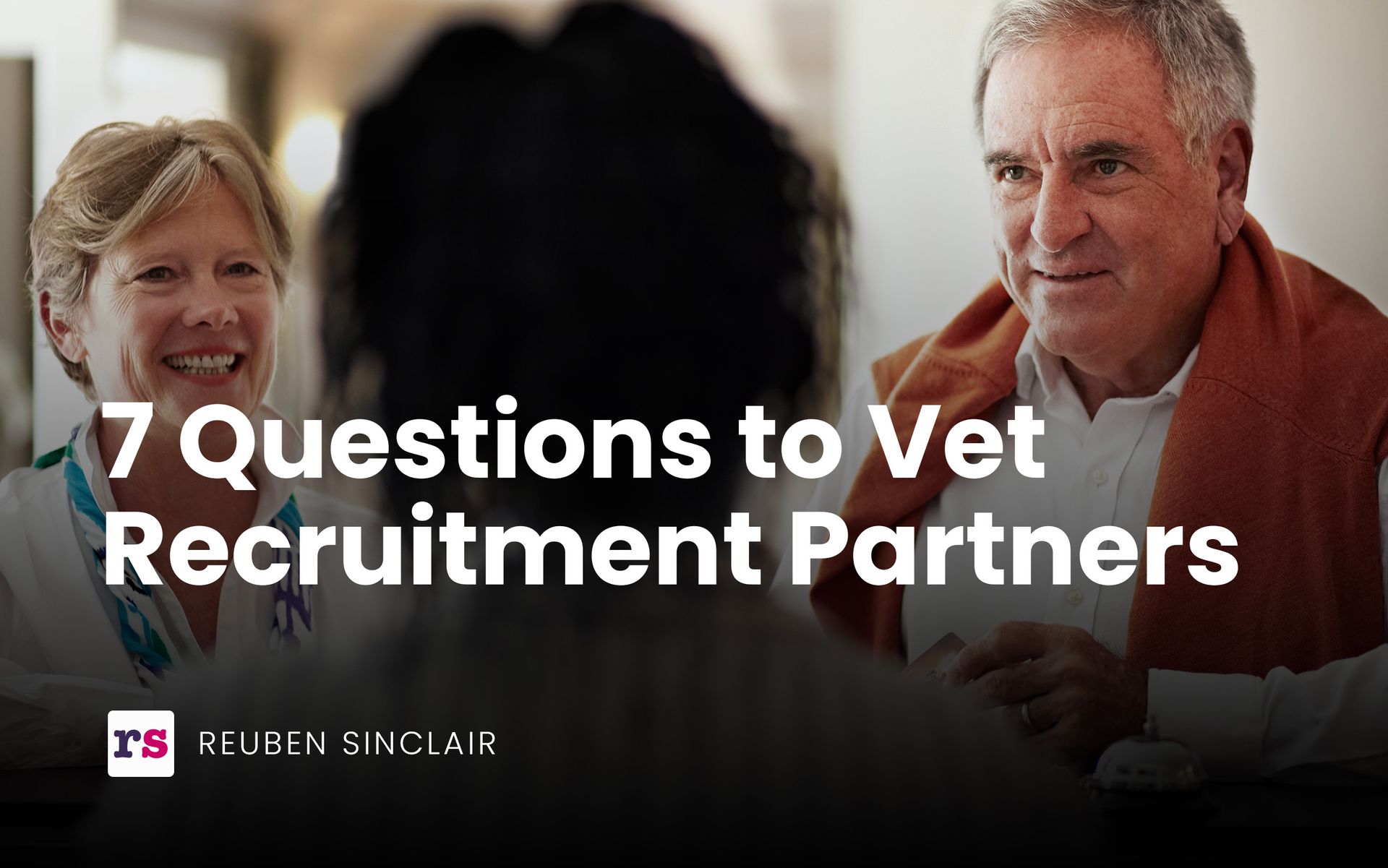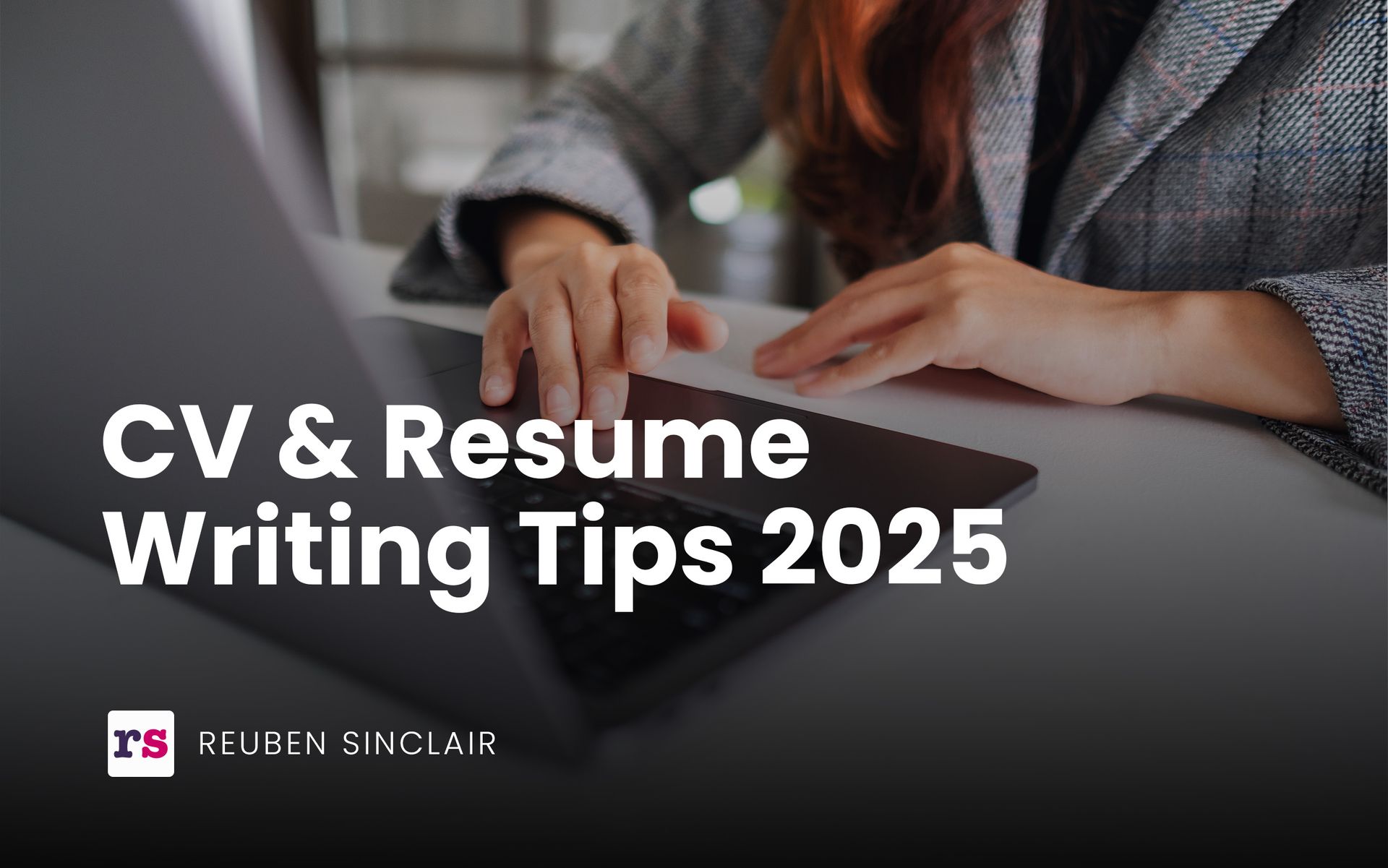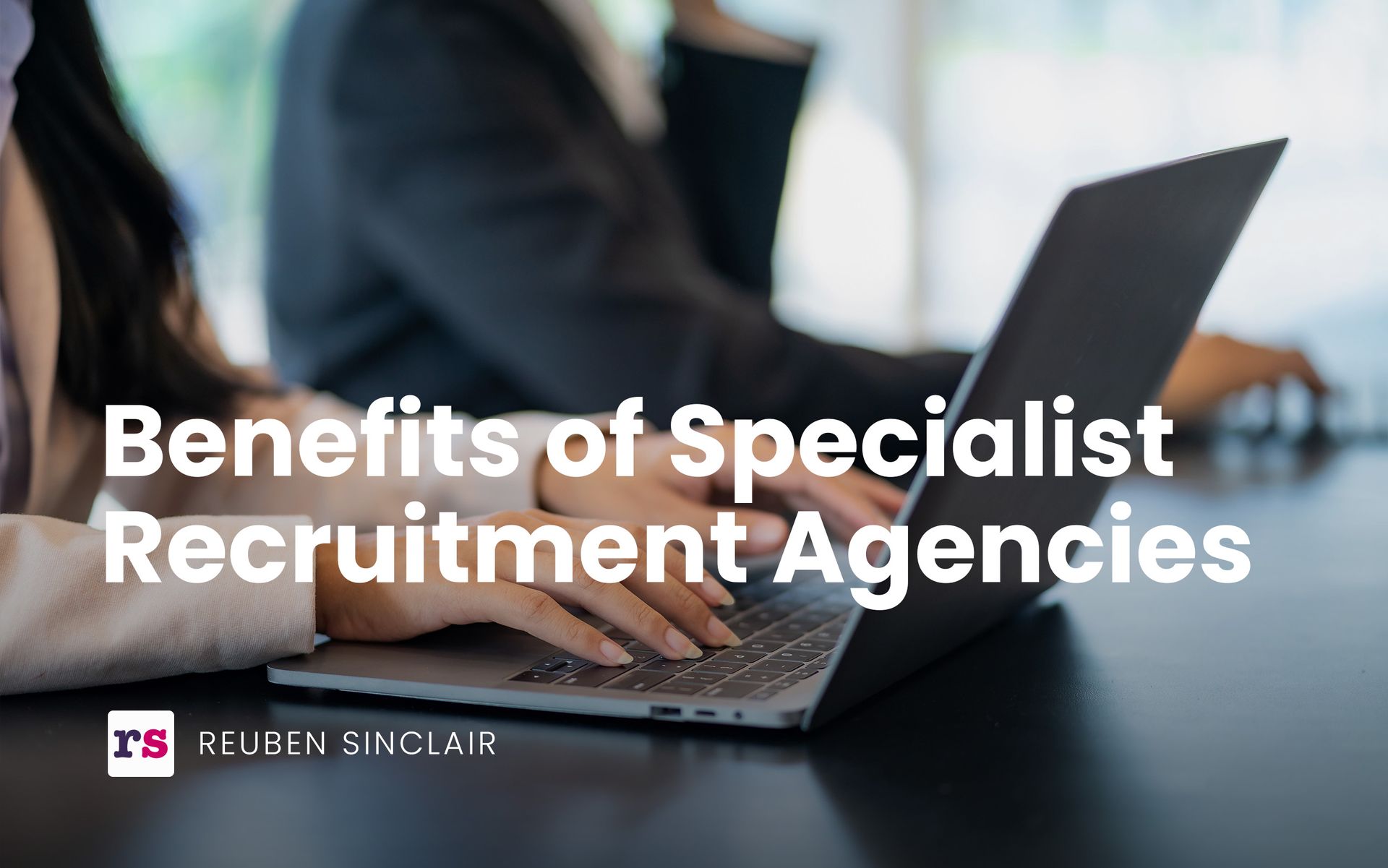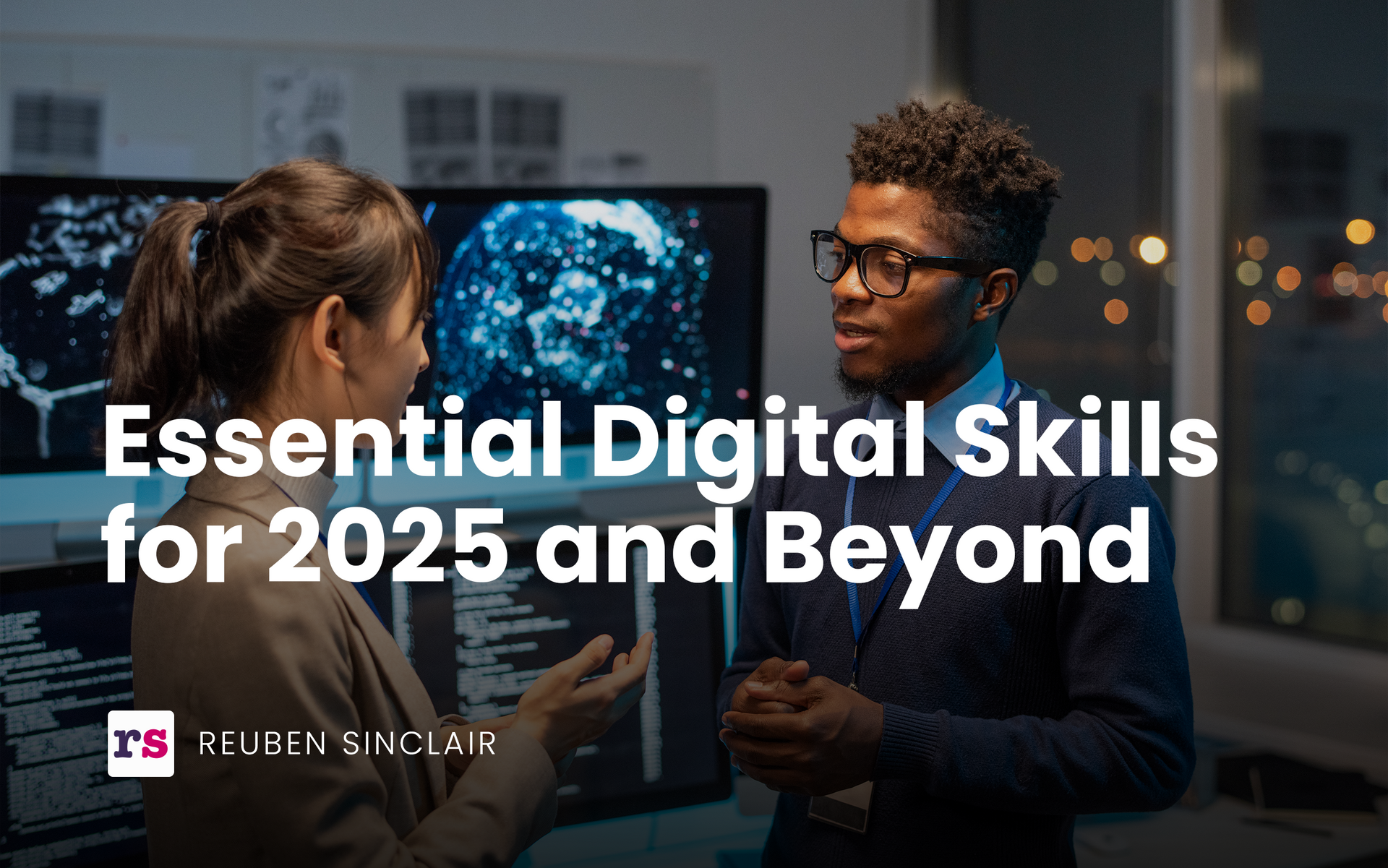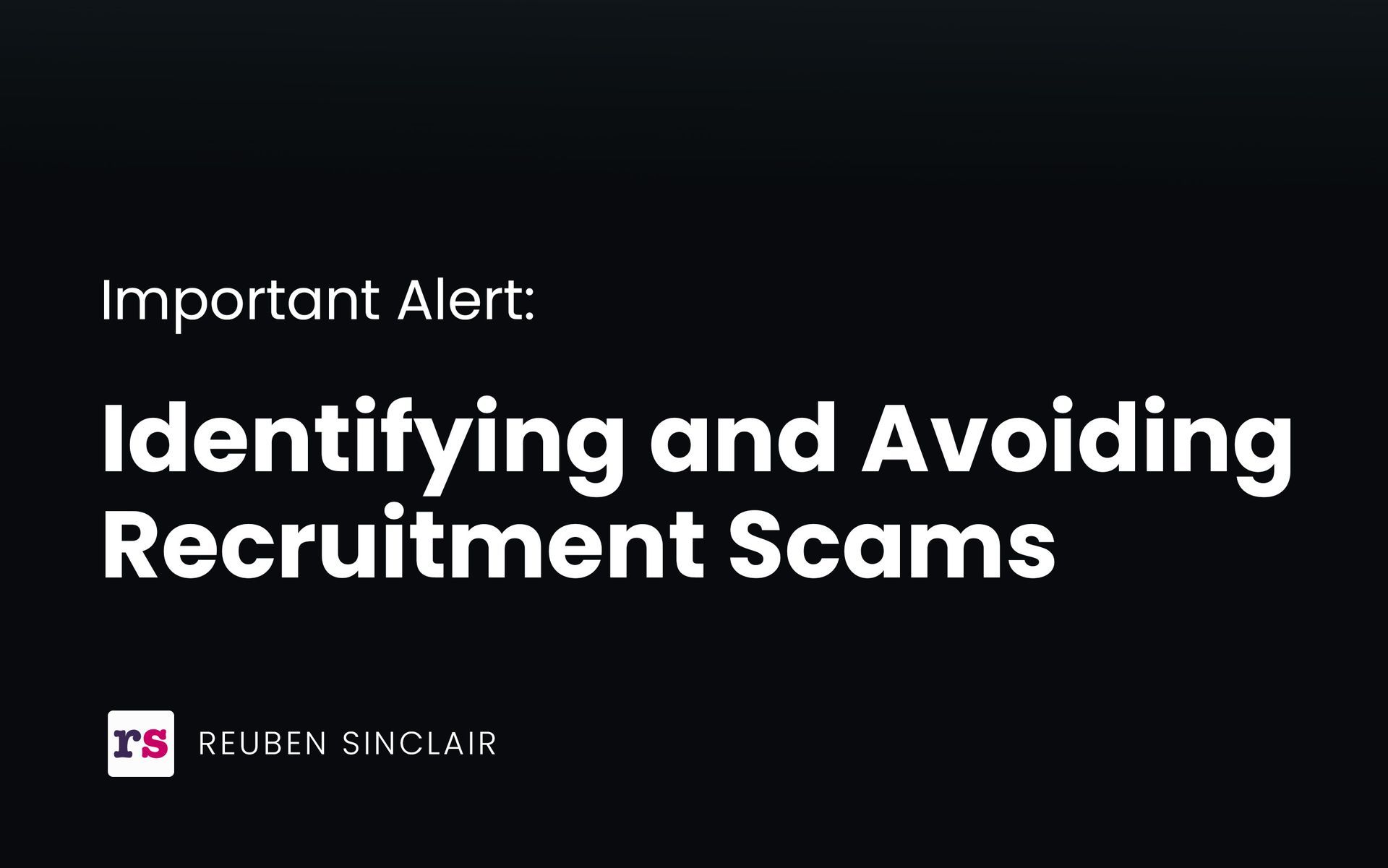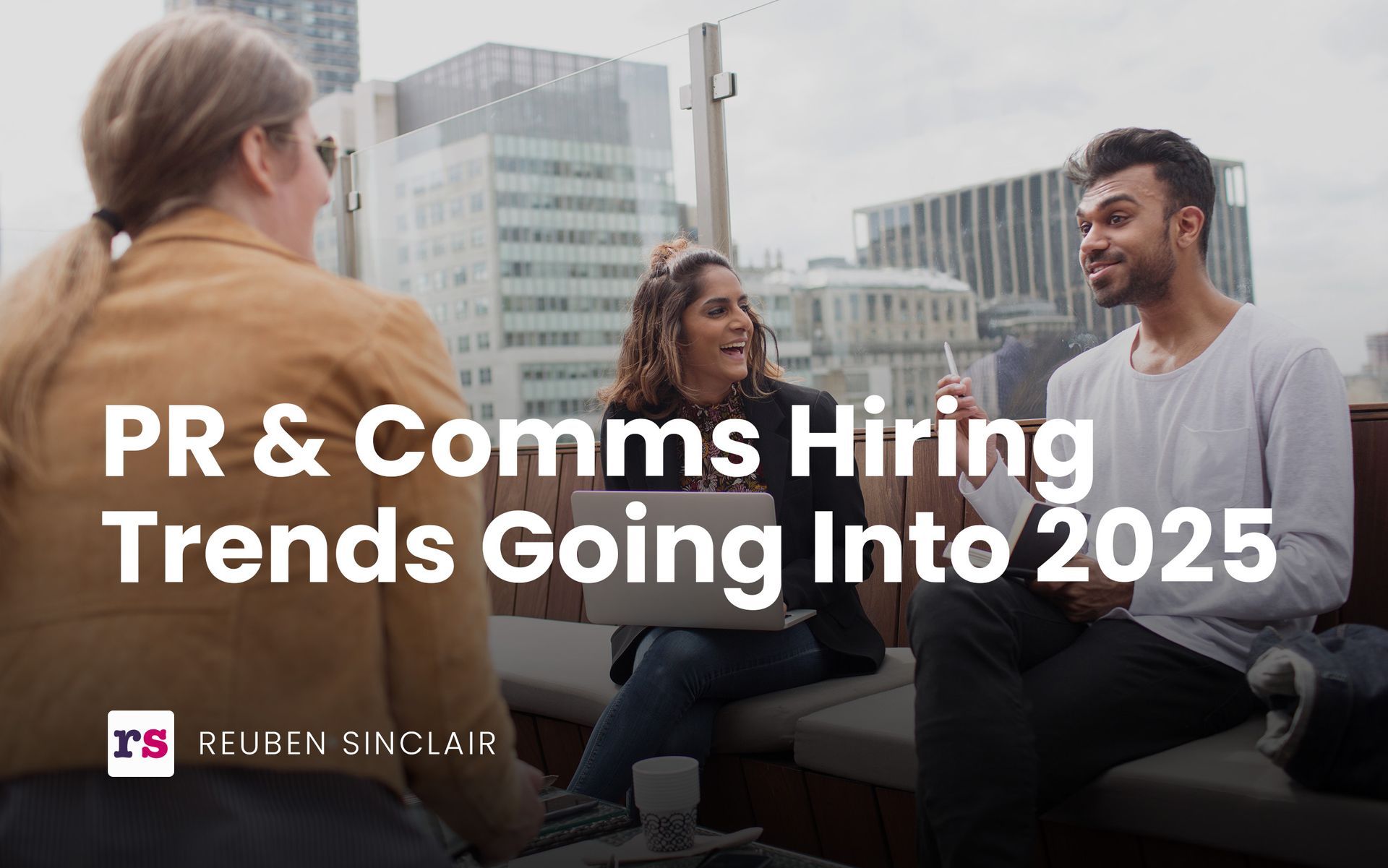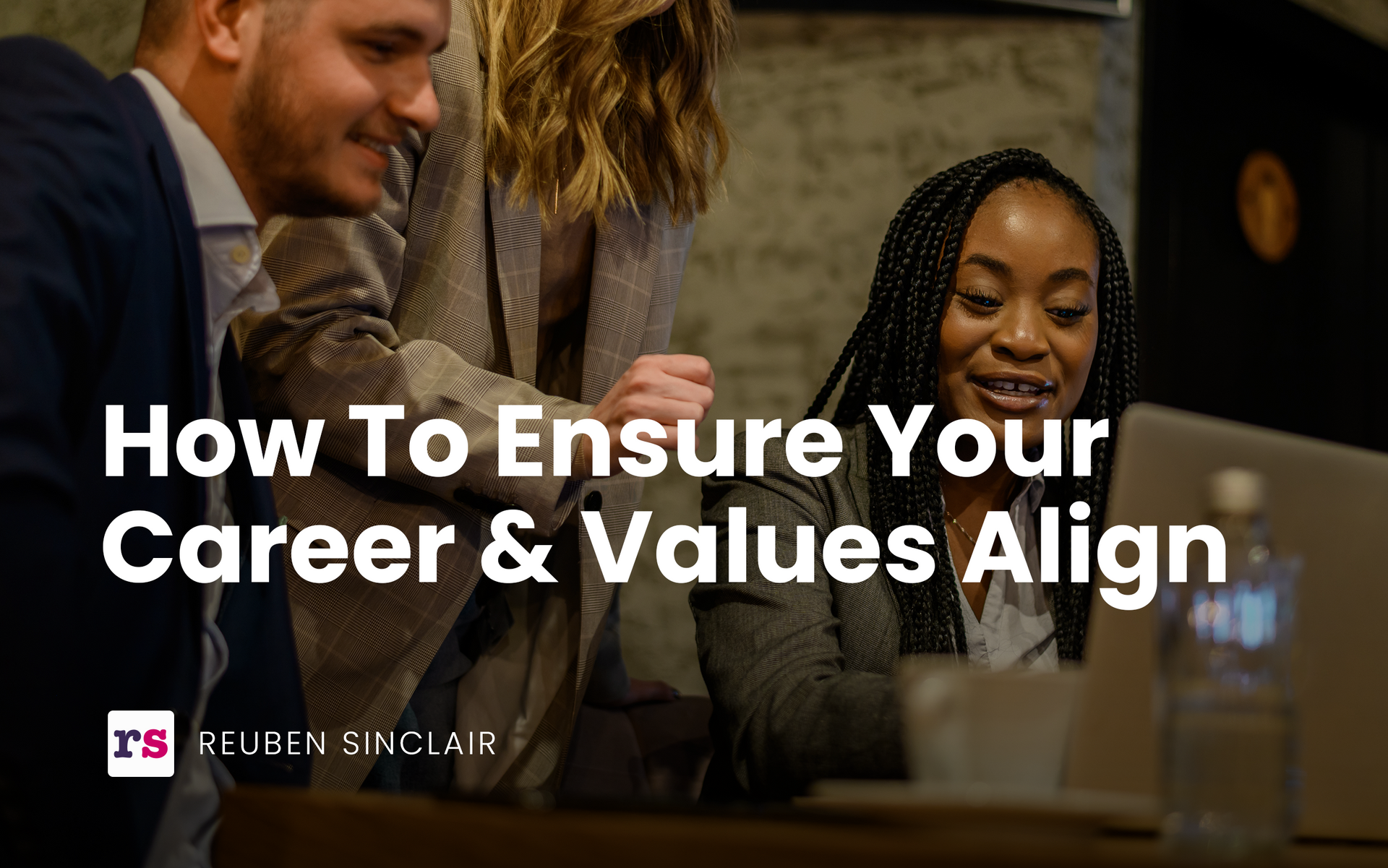⚠️ SECURITY ALERT: Messages via WhatsApp or Telegram offering jobs are fraudulent, and not from Reuben Sinclair. Report suspicious activity to Action Fraud.
Optimising Your Interview Process: A Guide for Creative Agency Leaders
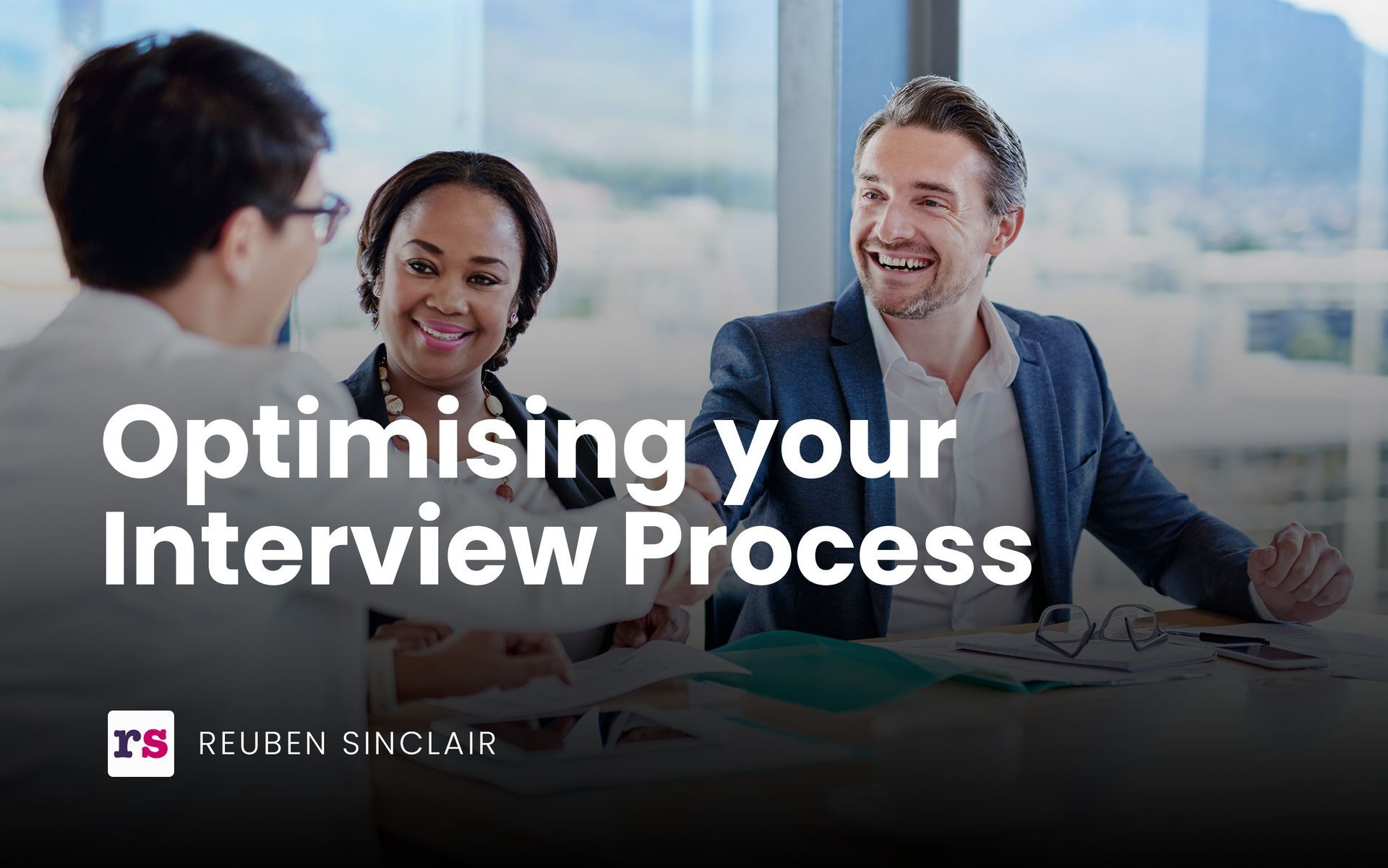
Optimising Your Interview Process
Hiring the right talent can transform a creative agency from simply good to truly remarkable.
In an industry defined by constant innovation, saturated media landscapes, and tight deadlines, effective recruitment is about more than just checking off skill sets - it’s about finding individuals whose adaptability, motivation, and collaborative energy will help your organisation thrive.
If you lead or own a creative agency specialising in PR, marketing, communications, or digital, optimising your interview process can unlock a more strategic way of identifying top-performing talent. Below, we explore how to structure and refine your approach.
1. Why Your Interview Process Matters More Than Ever
In the creative sector, where trends and technologies constantly innovate, the ability to pivot is often a stronger indicator of success than technical expertise alone. Consider the rise of AI-driven marketing strategies, social media algorithms, and the blending of PR and digital storytelling - these changes demand candidates who can learn (and unlearn) quickly.
Key benefits of a strong interview process:
• Enhanced Cultural Fit: You’re more likely to attract and retain candidates who align with your values and work style.
• Improved Brand Reputation: A well-structured, respectful interview experience leaves candidates (whether successful or not) with a positive view of your agency.
• Reduced Turnover: By focusing on personality fit and adaptability from the outset, you increase the chances of a lasting match.
2. Laying the Foundation for a Modern Interview Process
Before diving into specific questions, ensure your process is structured for efficiency and clarity.
a) Define the Role’s Core Competencies
List the must-have skills (e.g., campaign management, digital analytics, PR strategy) and the “soft” qualities that contribute to success (e.g., adaptability, creativity, resilience).
b) Align the Interview Stages
Map out interview rounds:
1. Initial Phone or Video Screen: Quickly gauge interest and relevance.
2. Technical or Skill-Based Assessment: Evaluate the candidate’s expertise in a real-world context.
3. Cultural and Team Fit: Use a face-to-face or video interview to explore personality, adaptability, and alignment with your agency’s ethos.
c) Create a Consistent Scoring System
Use a simple rating scale (e.g., 1–5) to evaluate each candidate. This maintains consistency and minimises bias when comparing notes post-interview.
3. Going Beyond the Basics: Targeting Adaptability in Your Questions
Repetitive questions like “What’s your greatest strength?” or “Where do you see yourself in five years?” often yield rehearsed, generic answers. Instead, explore open-ended questions that spotlight how a candidate thinks on their feet. Below are three questions especially relevant to marketing, PR, and digital roles-fast-paced fields where adaptability is paramount:
1.
“Tell me about a time you had to unlearn a process or skill - how did you handle it?”
This question uncovers the candidate’s ability to recognise when a current approach no longer works and how they adapt to stay ahead.
2.
“If you had to pivot an entire campaign mid-rollout, what are your first three steps?”
Look for clear thinking under pressure: strong candidates will detail their approach logically, focusing on strategy, stakeholder communication, and risk mitigation.
3.
“Describe a situation where a project’s goal changed drastically - what did you do first?”
This reveals how quickly a candidate assesses a new direction, delegates tasks, and communicates effectively with the team.
Pro Tip: Encourage candidates to answer in a Story–Action–Result format (often referred to as the STAR method) to keep responses concise and insightful.
4. Evaluating Both Personality and Skill Sets
In creative fields, attitude can make (or break) a campaign. Personality dynamics often shape how a team navigates crises, communicates under pressure, and innovates fresh ideas.
• Assess Team Synergy: Introduce the candidate to prospective teammates, either informally or as part of a panel interview. Observe how they interact - does dialogue flow naturally or feel forced?
• Look for Evidence of Collaboration: Ask for stories about how candidates have supported colleagues, negotiated feedback loops, and responded to group dynamics in past roles.
• Gauge Emotional Intelligence: EQ is essential in PR and marketing. Look for empathy, awareness, and strong communication skills throughout the interview process.
5. Structuring Your Post-Interview Analysis
After every interview, schedule a quick debrief with any co-interviewers. Share observations and discuss any red flags or standout moments. Keep notes organised using a shared document or applicant tracking system (ATS) for easy reference.
Consider these reflection questions post-interview:
• Did the candidate demonstrate genuine curiosity and proactive problem-solving?
• How effectively did they communicate complex ideas?
• Would their personality complement your team’s dynamic?
6. Next Steps: Ongoing Optimisation
Once you’ve refined your process, don’t let it stagnate.
Keep evolving:
• Collect Candidate Feedback: Encourage candidates to share their impressions. This can highlight areas for improvement.
• Analyse Your Success Rate: Track performance metrics like time-to-hire, candidate satisfaction, and retention.
• Stay Updated on Industry Trends: As new tools and methods emerge, so will the need for fresh approaches to assessment.
7. Book a Coffee Chat with Reuben Sinclair
At Reuben Sinclair, we believe that matching candidates to both the skills and the culture of your creative agency is key to long-term success. If you’d like support in optimising your interview process - or simply want to bounce ideas around - reach out to us for a free coffee chat. We’re always here to help you build high-performing teams that thrive on adaptability, collaboration, and forward-thinking strategies.
Stay ahead of the curve.
Keep up to date with the latest in recruitment insights before they go public.
© 2025 Reuben Sinclair Ltd. Registered office 124 City Road, London, EC1V 2NX. Registered in England, number 06280364.

